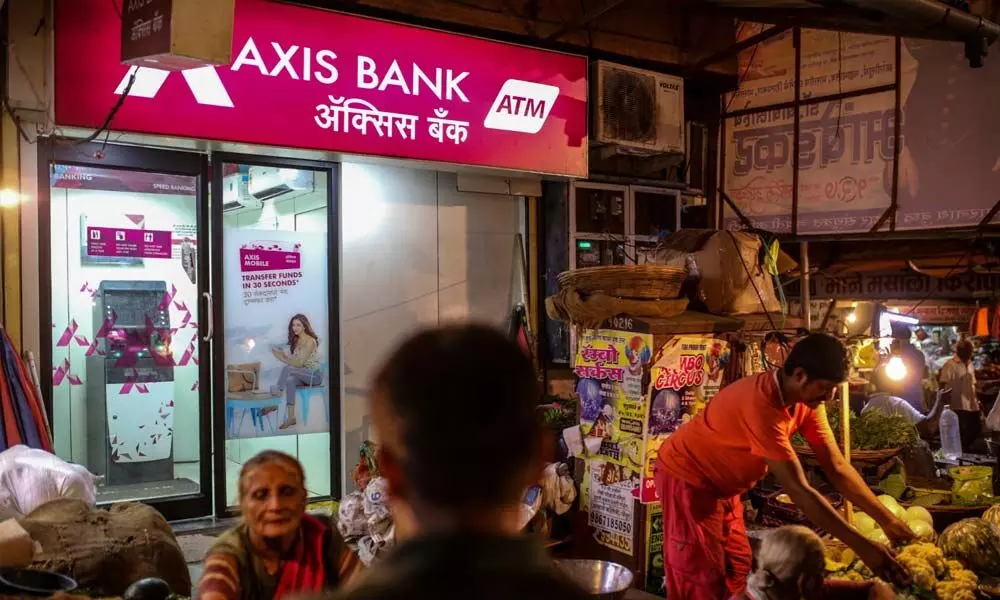Billions at stake for India banks in 2021 court cases
Allowing banks to mark bad loans again would help uncover the impact of the lockdowns on their financial health. The central bank, lenders and the federal government have also urged the top court to not grant more relief to borrowers because that’s a matter to be decided with economic policy
image for illustrative purpose

Decisions could clarify what roles banks play in helping companies affected by pandemic
Indian courts may rule in coming months on cases involving billions of dollars in distressed assets, and the decisions could clarify what roles banks play in helping companies devastated by the pandemic. What may be among the first of the verdicts could also be one of the most important: the Supreme Court may decide within weeks on requests by big borrowers seeking relief on repayments and defaults, in what's being called the loan moratorium case. Courts also need to rule on pending bankruptcies whose resolution in the coming year could bring billions of dollars of much needed cash to banks.
The legal tussles pit India's lenders, central bank and government against corporate borrowers struggling to survive amid lockdowns prompted by Covid-19. Companies are asking for more relief as the Reserve Bank of India forecasts the economy will shrink by 7.5 per cent this fiscal year, but that could cause a deeper hit for lenders than the central bank is willing to allow.
Loan moratorium case
The Supreme Court in December completed hearing arguments in the case that lasted for around two months. It's expected to give a verdict in coming weeks, though no date has been announced.
In the same case, the top court will also rule on petitions by the central bank and lenders to lift an order that barred banks from marking loans as non-performing assets. Read more background here.
Why it matters
Courts have recently issued orders favourable for borrowers, including barring lenders from selling pledged assets and stopping banks from marking accounts as bad loans. The top court also urged the government to subsidise a 65 billion rupee ($886 million) interest waiver for small borrowers.
Some argue that India's banks, already stuck with one of the world's biggest bad-debt piles, would be even more reluctant to lend if courts issue orders that conflict with their contracts.
Courts' "borrower-friendly" approach despite clear contractual terms was among the biggest reasons for legal troubles for banks in 2020, said Veena Sivaramakrishnan, a partner at law firm Shardul Amarchand Mangaldas & Co. Banks would seek certainty in enforcing contracts and "would expect the courts and the judiciary to also respect the same to continue to provide financing," she said. Allowing banks to mark bad loans again would help uncover the impact of the lockdowns on their financial health. The central bank, lenders and the federal government have also urged the top court to not grant more relief to borrowers because that's a matter to be decided with economic policy. Authorities unveiled from March measures to assist companies including a six-month moratorium on loan repayments and a bar on bankruptcy filings for a year.
Major bankruptcy cases
Half of the so called "dirty dozen" - 12 big bankruptcy filings in 2017 - are yet to be resolved. Three of them are pending in the top court and may reach a verdict in the coming year. These are the next tentative hearing dates, though rulings could possibly take months:
January 11: Amtek Auto Ltd. The auto parts manufacturer owes banks about $1.7 billion. While the National Company Law Tribunal earlier this year approved a bid led by US-based hedge fund Deccan Value Investors LP to take over the company, the fund has since attempted to withdraw from that plan. The top court will decide whether to allow that and if banks should be asked to conduct another round of bidding.
January 13: Bhushan Power & Steel Ltd. The court will decide whether to allow a planned purchase of the firm by JSW Steel Ltd. to go ahead. If the deal does go through, it could fetch banks about $2.6 billion.
No date set yet: Jaypee Infratech Ltd., the largest real estate bankruptcy in India. If the top court finalizes a takeover bid from NBCC Ltd. for the company, then banks would get assets worth about $3.2 billion, according to bankruptcy regulator Insolvency and Bankruptcy Board of India. (Bloomberg)

